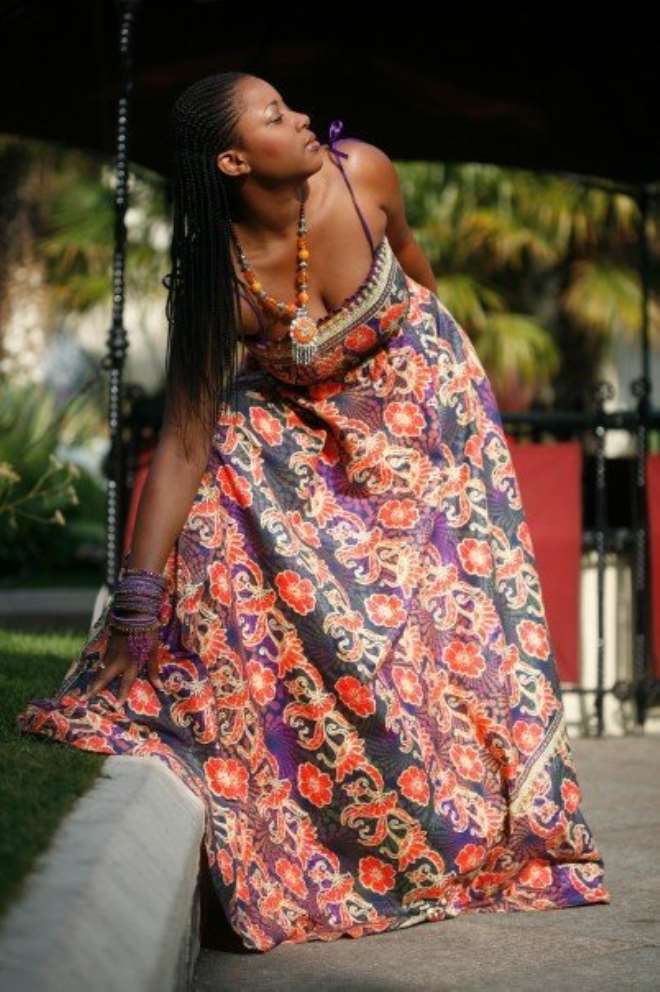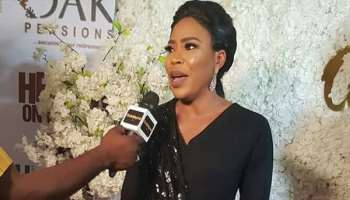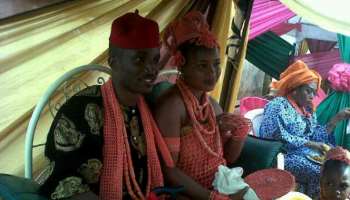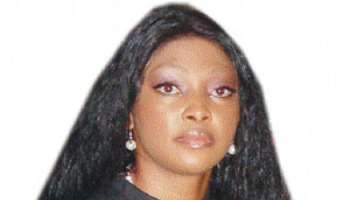Promoting Nigerian dress culture
BABBAR riga (voluminous robe), Kaftani, jabba, gambari, dandogo and gbariye are examples of Hausa, Fulani and Yoruba dresses. Zanna Bukar, Mu hadu banki and Abeti aja are also examples of Hausa and Yoruba caps. Indeed, all tribes in Nigeria have indigenous dresses but the question is, how many Nigerians; both adults and youth, wear these dresses? How many people know the actual significance of native dresses and the appropriate occasions to wear them? Can dresses really promote the country's culture?
These were some of the questions that culture experts and academics sought answers to during the colloquium held as part of this year's National Festival of Arts and Culture (NAFEST) that will end today in Enugu. With the theme “Culture and the Challenges of our Time: Promoting Nigerian Dress Culture”, the colloquium, a regular feature of the event some refer to as the national creativity fair since its inception in 1970 is the intellectual part of the festival.
Nigeria is a multi ethnic and multi-lingual country, there is a rich dress culture. He identified and explained the dress cultures of tribes like the Ijaw, Igbo, Itsekiri, Hausa, Fulani and Yoruba before identifying the functions of dress. The don said that apart from providing a mark of identity, “dress functions almost as a language that can indicate a person's age, gender, marital status, place of origin, religion and social status”. He said further that traditional rulers and politicians also use dresses as a symbol of power and charisma, adding that dress is also a symbol of unity.
In spite of this however, the academic noted that foreign cultures have impacted negatively on Nigeria's cultures. Apart from elites who Maiwada said favour “alien dress even if the tropical weather does not permit it,” youths and women, he lamented, have also embraced foreign dresses excessively thus making some universities come up with the idea of dress codes for their female students who have been crazed by their love for unisex dresses.
Citing examples of cultural colonization through dress, Maiwada condemned the current situation in banks. “The entire Nigerian banking industry has been fully colonized culturally in terms of dress. A visit to any bank anywhere all over the country will confirm this assertion. Every staff one sees right from the branch manager down to the messenger, he or she will be in suit with neck tie. Even expectant mothers are not spared,” he said.
Maiwada, who drew the attention of the audience to how nationalists like the late Nnamdi Azikiwe, the sage, Chief Obafemi Awolowo and Mallam Aminu Kano, promoted Nigerian dresses and accessories by adorning them all the time advised everybody to emulate them. He contended that dansiki, kaftani, and the jumper dress of Igbo, Ibibio, Ijaw, Efik or Bini can also be sewn smartly and worn as corporate dresses.
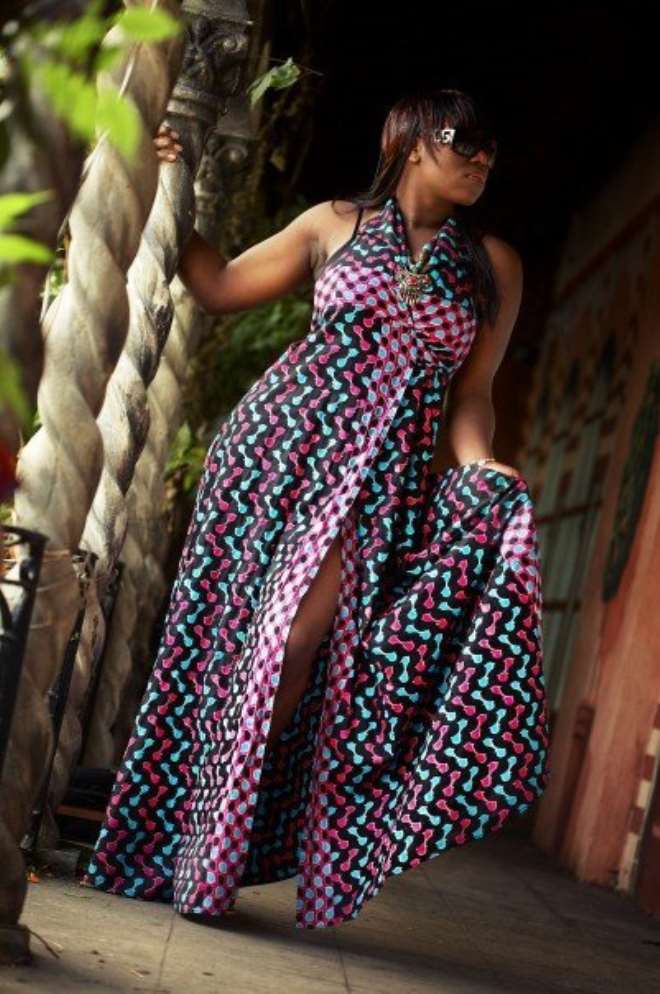
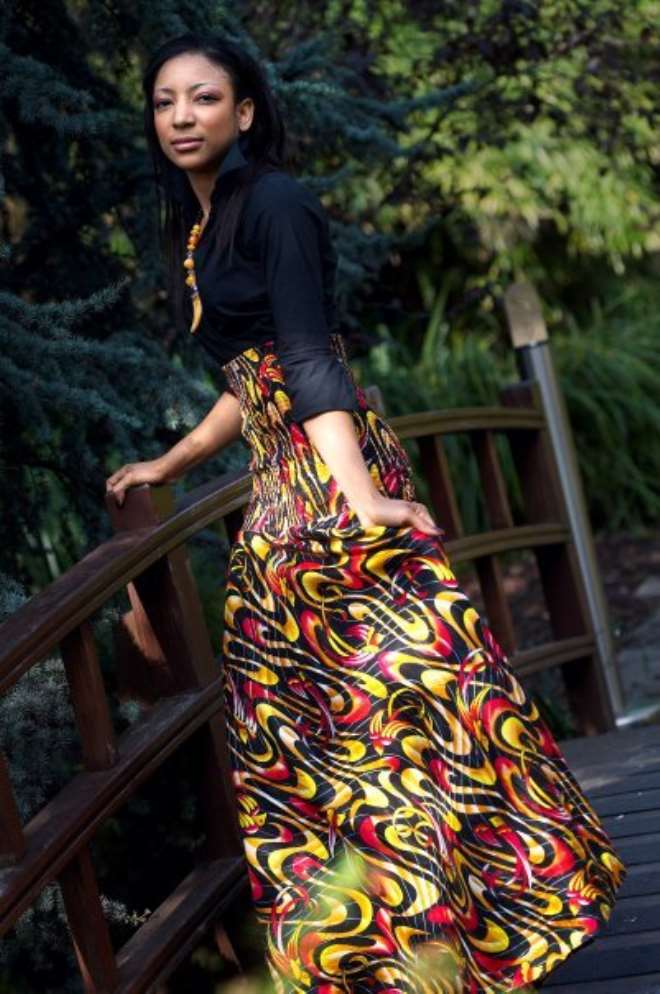
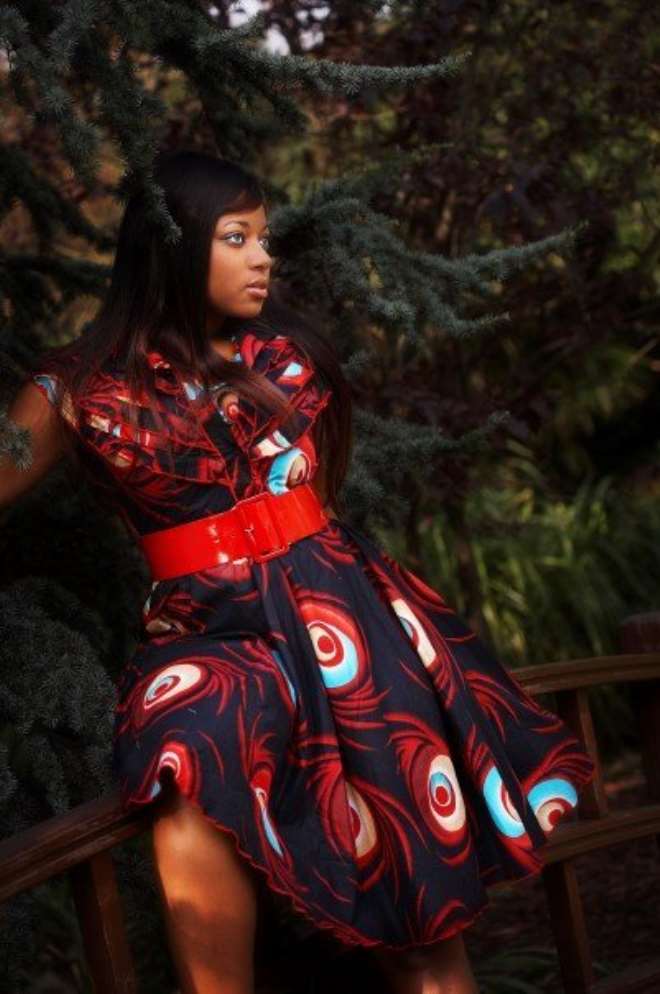
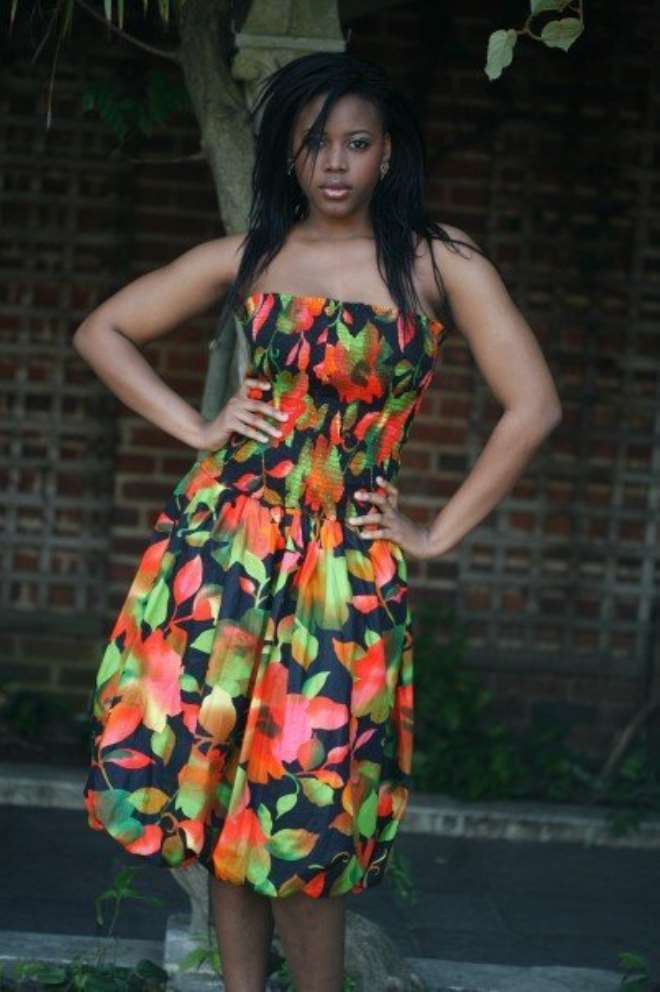
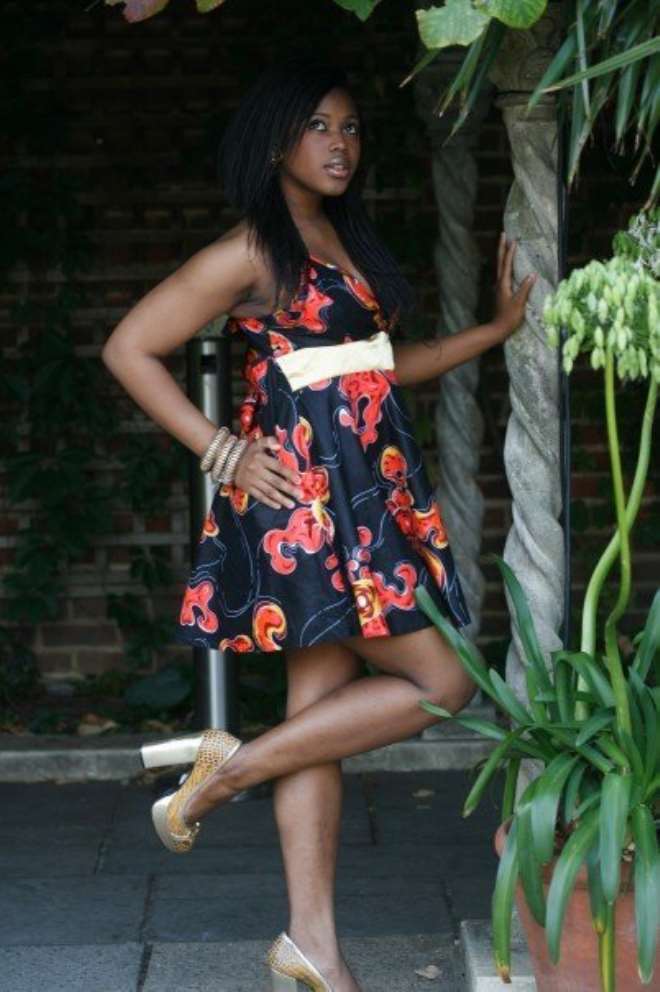
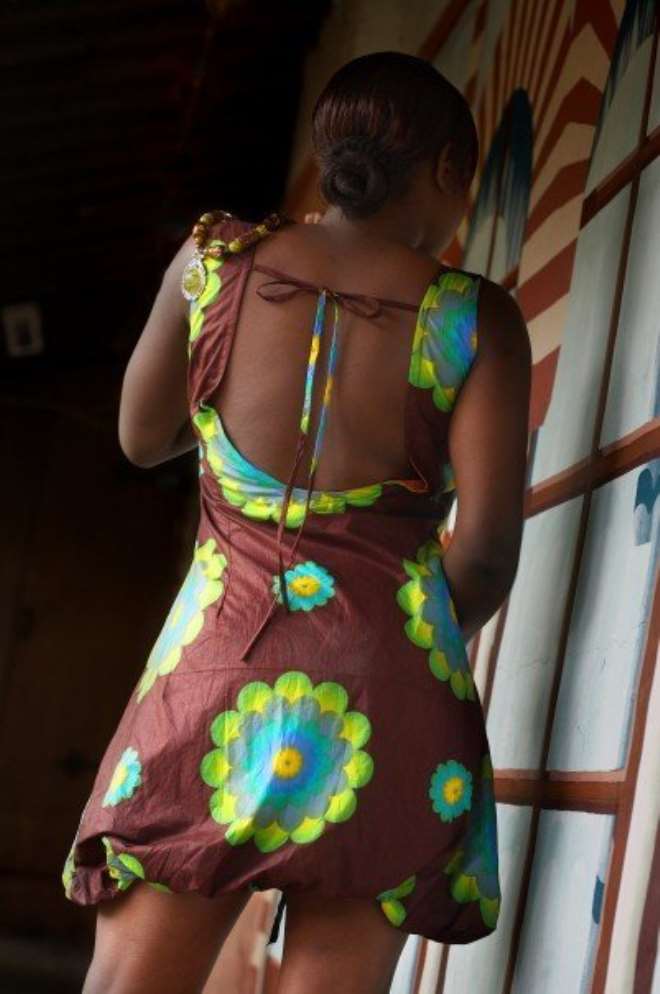
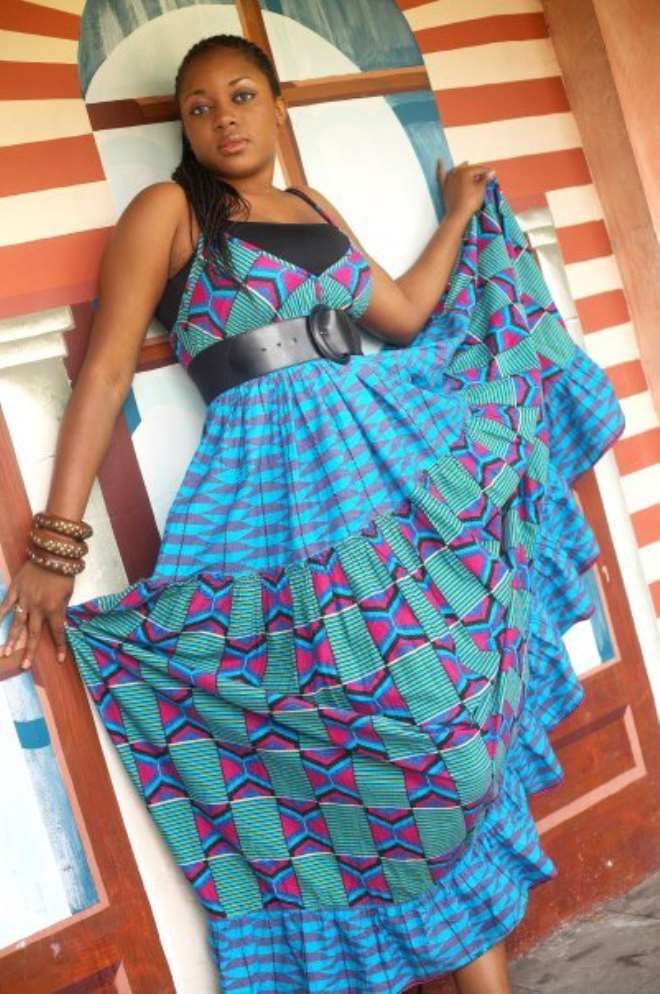
Latest News
-
 "If You're For Me, I Am For You" - Cubana Chief P
"If You're For Me, I Am For You" - Cubana Chief P -
 "3 Days To Go" - Femi Adebayo Urges Fans To Get S
"3 Days To Go" - Femi Adebayo Urges Fans To Get S -
 "Stop Asking Me Questions About Speed Darlington"
"Stop Asking Me Questions About Speed Darlington" -
 "Benue Is The Most Underdeveloped State I've Ever
"Benue Is The Most Underdeveloped State I've Ever -
 Stan Alieke Urges Young Professionals To Take Lin
Stan Alieke Urges Young Professionals To Take Lin -
 Chizzy Alichi Teases Fans With Baby Reveal, Promot
Chizzy Alichi Teases Fans With Baby Reveal, Promot -
 "I'm Not Wearing Makeup From July 4th Till Decemb
"I'm Not Wearing Makeup From July 4th Till Decemb -
 "Stop The Challenge Of Mocking Kids With Down Syn
"Stop The Challenge Of Mocking Kids With Down Syn -
 Regina Daniels Celebrates Sons As They Mark Birthd
Regina Daniels Celebrates Sons As They Mark Birthd -
 Speed Darlington Threatens To Sue NAPTIP For Defam
Speed Darlington Threatens To Sue NAPTIP For Defam


